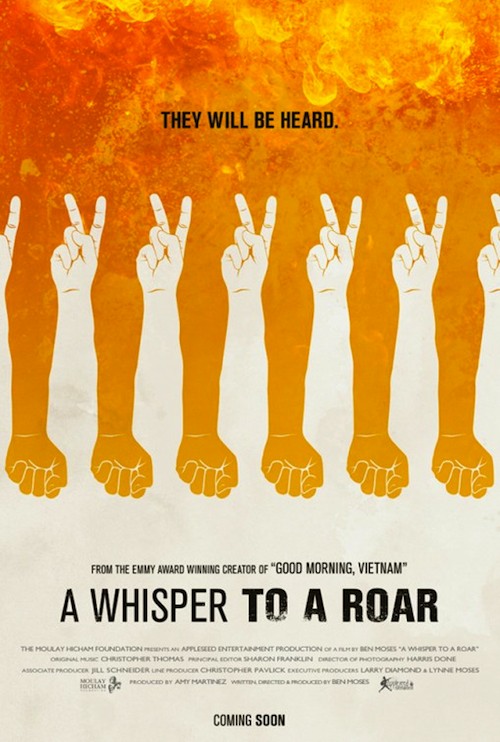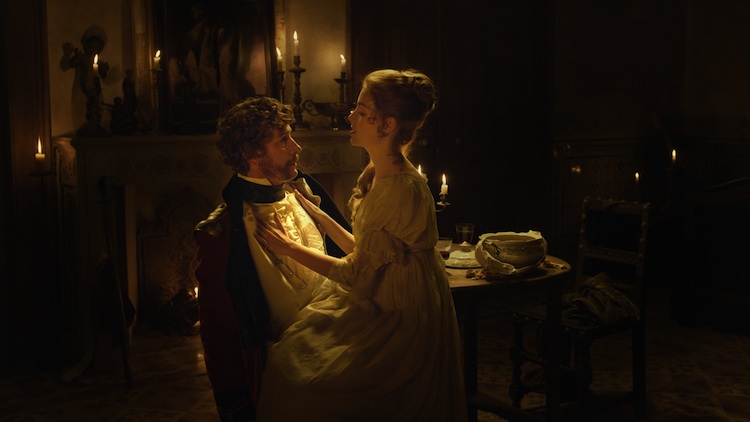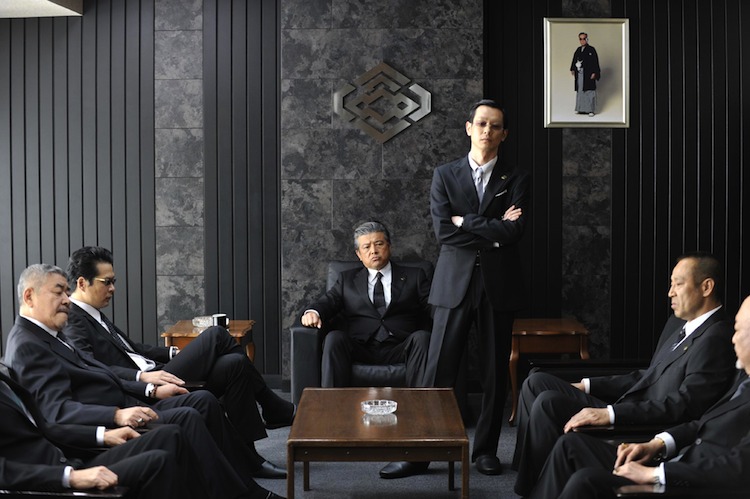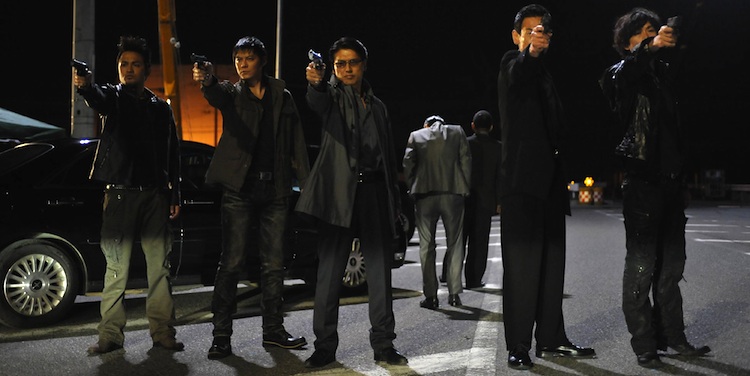By Joe Bendel. Freedom and democracy are not the same things, but they tend to go together. Democracy advocates in Venezuela, Malaysia, Egypt, Zimbabwe, and the Ukraine understand only too well how their repressive regimes use rigged elections to legitimize their rule. Largely informed by the writings of Hoover Institute fellow Larry Diamond and the expelled Prince Moulay Hicham of Morocco, Emmy-winning filmmaker Ben Moses follows the struggle for free and fair democracies in all five countries throughout A Whisper to a Roar, which opens this Friday in New York.
Whisper uses an animated fable as a framing device that illustrates how the corrupting influence of power makes today’s hero tomorrow’s despot. Indeed, Hosni Mubarak might have been popular immediately after the Sadat assassination and the freshly “re-elected” Hugo Chavez might have been legitimately elected originally, but that was then. Up until the Arab Spring, elections in Egypt never involved alternative candidates. They were simply an up or down referendum on retaining Mubarak. Likewise, Chavez has rigged the Venezuelan electoral system through the mother of all gerrymandering and forcibly silenced the independent press.
Probably nobody interviewed in Roar has paid a higher price for their advocacy than former Malaysian Deputy Prime Minister Anwar Ibrahim, who was twice arrested and tried on trumped-up sodomy charges, a transparent attempt to make him socially radioactive in a country where Islam is the official state religion. Yet, Malaysia seems to be one of the two countries that have made the most progress towards democratic reform, along with Zimbabwe.
 When longtime dictator Robert Mugabe finally agreed to share power with reformist Prime Minister Morgan Tsvangirai it represented a dramatic victory for the opposition. However, that victory came at a high cost, after militias loyal to Mugabe systematically beat and killed supporters of Tsvangirai’s party across the country. Mugabe’s cynical land reform proposals, clearly intended to stoke racial resentment, also offer a textbook example of how dictators resort to demagoguery to hold onto power.
When longtime dictator Robert Mugabe finally agreed to share power with reformist Prime Minister Morgan Tsvangirai it represented a dramatic victory for the opposition. However, that victory came at a high cost, after militias loyal to Mugabe systematically beat and killed supporters of Tsvangirai’s party across the country. Mugabe’s cynical land reform proposals, clearly intended to stoke racial resentment, also offer a textbook example of how dictators resort to demagoguery to hold onto power.
Most frustrating is the case of Ukraine, where Viktor Yushchenko survived a poisoning attempt to lead the Orange Revolution, temporarily sweeping the neo-Soviet government out of office. Unfortunately, divisions within the Orange coalition opened the door for the old regime’s return in the next election, fair and square. As journalist turned opposition deputy Andriy Shevchenko trenchantly observes, winning freedoms is an arduous process, but surrendering them is quick and easy.
While Roar obviously has an agenda, it is one that just about all people of good conscience will buy into. It features some valuable on-camera interviews with prominent world figures, including Yushchenko, Tsvangirai, and Ibrahim, as well as boots on the ground activists, such as Roberto Patiño in Venezuela. Even the animated transitions, narrated by Alfred Molina, are rendered with more style than you might expect.
The only problem with Roar is hardly Moses’ fault. Each of these stories is still very much developing. Despite hopeful signs in Zimbabwe and Malaysia, Venezuela has only gotten worse, while the Ukraine has taken one step forward and then one step back, whereas Egypt remains an open question. As a result the five strands do not parallel each other very well and none has a satisfying sense of closure. Of course, Moses and his colleagues would surely like nothing better than to produce happy epilogues for each country, for reasons beyond the cinematic. As things stand, they interwove their stories rather well.
Informative and remarkably even-handed, A Whisper to a Roar is a very watchable status report on the state of undemocratic democracy. Recommended fairly highly for general news junkies and those particularly interested in any of the five subject countries, Roar opens this Friday (10/12) in New York at the Quad Cinema.
LFM GRADE: B+
Posted on October 8th, 2012 at 2:22pm.



